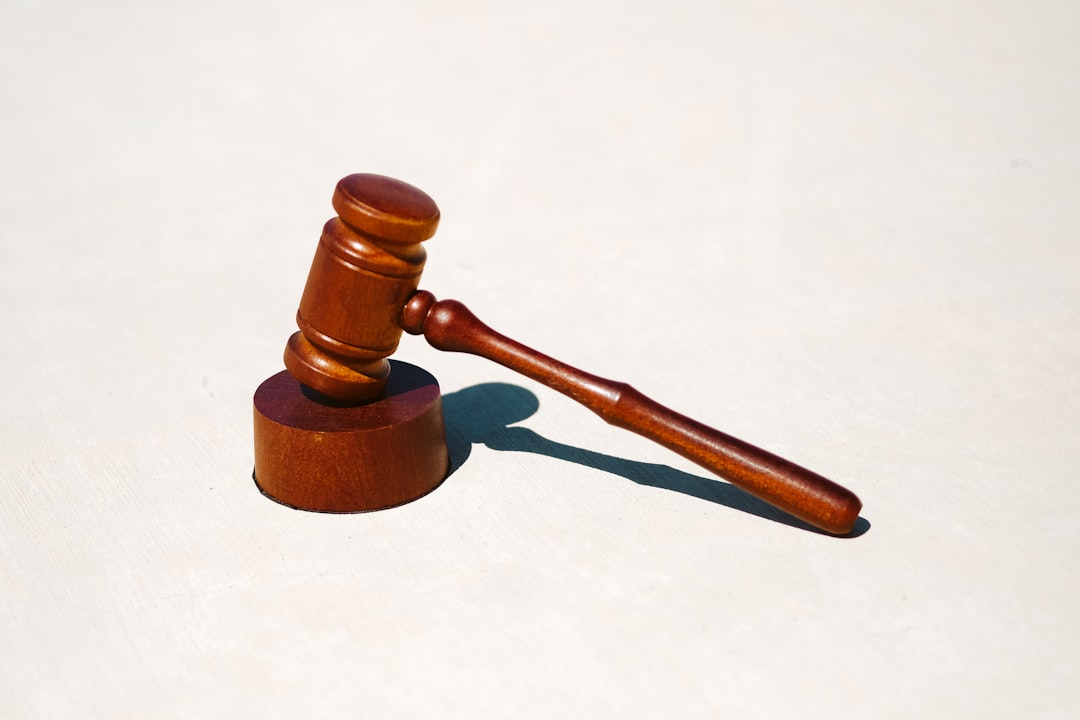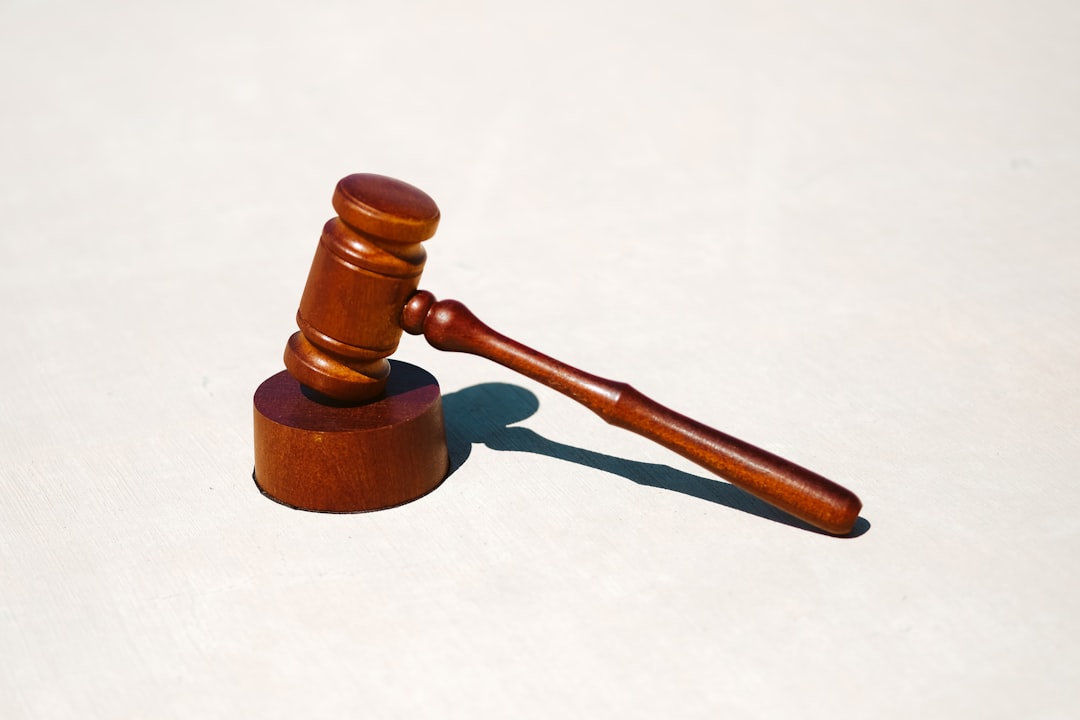Doctor attorneys in Pennsylvania face a delicate balance in sexual assault lawsuits, prioritizing victim privacy while pursuing justice. They must adhere to stringent data protection laws and HIPAA regulations, ensuring confidential handling of medical records. By implementing robust security measures, maintaining meticulous documentation, and employing strategic legal strategies, doctor attorneys protect patient data and foster an environment where survivors can pursue justice without compromising their privacy.
In Pennsylvania, sexual assault lawsuits raise critical privacy concerns. Understanding state laws protecting patient confidentiality is paramount for both medical professionals and those involved in legal proceedings. This article explores these complexities, focusing on the roles of doctor-attorneys and legal rights. We delve into strategies to safeguard sensitive patient data during lawsuits and highlight successful case studies, emphasizing the importance of maintaining privacy in Pennsylvania’s sexual assault legal landscape. Doctor attorneys play a crucial role in navigating this delicate balance.
Understanding Pennsylvania's Sexual Assault Laws and Patient Privacy

In Pennsylvania, sexual assault lawsuits involve a delicate balance between holding perpetrators accountable and protecting sensitive information. Understanding the state’s sexual assault laws is crucial for both victims and doctor attorneys in Pennsylvania. The law recognizes the severity of sexual violence and provides avenues for justice and healing. Patient privacy rights are also paramount under Pennsylvania law, which protects medical records and confidences.
Doctor attorneys in Pennsylvania must navigate these legal complexities to ensure their clients’ rights are safeguarded while pursuing justice. This includes handling patient information with utmost care and confidentiality, adhering to strict data protection regulations, and presenting compelling cases within the legal framework governing sexual assault lawsuits.
The Role of Doctor Attorneys in Protecting Confidentiality

In Pennsylvania sexual assault lawsuits, doctor attorneys play a pivotal role in protecting the privacy and confidentiality of their clients. These legal professionals are well-versed in navigating complex ethical and legal issues surrounding sensitive medical information. They employ strategies such as sealed court documents, limited disclosure orders, and expert witness testimony to maintain the confidentiality of their clients’ records, ensuring that personal details remain protected throughout the legal process.
Doctor attorneys in Pennsylvania also collaborate closely with healthcare providers to establish robust protocols for handling patient data. This includes utilizing secure communication channels, encrypting electronic health records, and implementing strict access controls. By fostering a culture of discretion and privacy within the medical community, doctor attorneys contribute significantly to safeguarding the rights and dignity of survivors in sexual assault cases while upholding the confidentiality standards expected in such sensitive matters.
Legal Rights and Obligations for Medical Professionals

In Pennsylvania, sexual assault lawsuits bring significant legal implications for medical professionals. Doctors and other healthcare providers have a duty to respect patient privacy and confidentiality, as guaranteed by state laws and federal regulations like HIPAA (Health Insurance Portability and Accountability Act). This includes protecting sensitive information shared during examinations related to alleged assaults. If medical records are improperly disclosed, patients can pursue legal action against doctor attorneys in Pennsylvania for breach of privacy.
The legal obligations of healthcare professionals extend beyond confidentiality. They must also maintain accurate documentation, preserve evidence, and cooperate with legal processes when faced with sexual assault claims. Failing to adhere to these standards may lead to professional liability and civil lawsuits. Doctor attorneys in Pennsylvania play a crucial role in guiding medical practitioners through these complex legal scenarios, ensuring they fulfill their rights and obligations while protecting the privacy of their patients.
Strategies to Safeguard Patient Data During Lawsuits

When facing sexual assault lawsuits in Pennsylvania, protecting patient data is paramount for doctor attorneys. Implementing robust security measures, such as encrypted digital records and strict access controls, can significantly safeguard sensitive information. Doctor attorneys should ensure their practices have comprehensive data protection policies in place, regularly training staff on privacy protocols to minimize risks of unauthorized access or breaches.
Additionally, maintaining meticulous records and documenting all communications related to the lawsuit is crucial. This includes preserving any electronic exchanges, as well as physical documents, while adhering to legal discovery requirements. By following these strategies, doctor attorneys in Pennsylvania can better protect patient confidentiality throughout legal proceedings.
Case Studies: Successful Privacy Protection in PA Sexual Assault Cases

In recent years, several case studies in Pennsylvania have highlighted successful privacy protection measures taken by doctors and their legal representatives in sexual assault cases. These examples demonstrate the importance of safeguarding sensitive information while pursuing justice. For instance, a prominent case involved a victim who alleged an assault by a healthcare professional. The court approved strict confidentiality orders, ensuring that all records related to the treatment and investigation remained sealed. This not only protected the victim’s privacy but also encouraged other survivors to come forward without fear of exposure.
The role of doctor attorneys in Pennsylvania is pivotal here. They have successfully argued for limited disclosure, using legal strategies to share only essential information while keeping detailed medical records private. Such approaches have led to favorable outcomes, ensuring that victims’ rights are protected and their dignity preserved throughout the legal process. This has been a game-changer, fostering an environment where survivors can seek justice without the added burden of privacy breaches.






